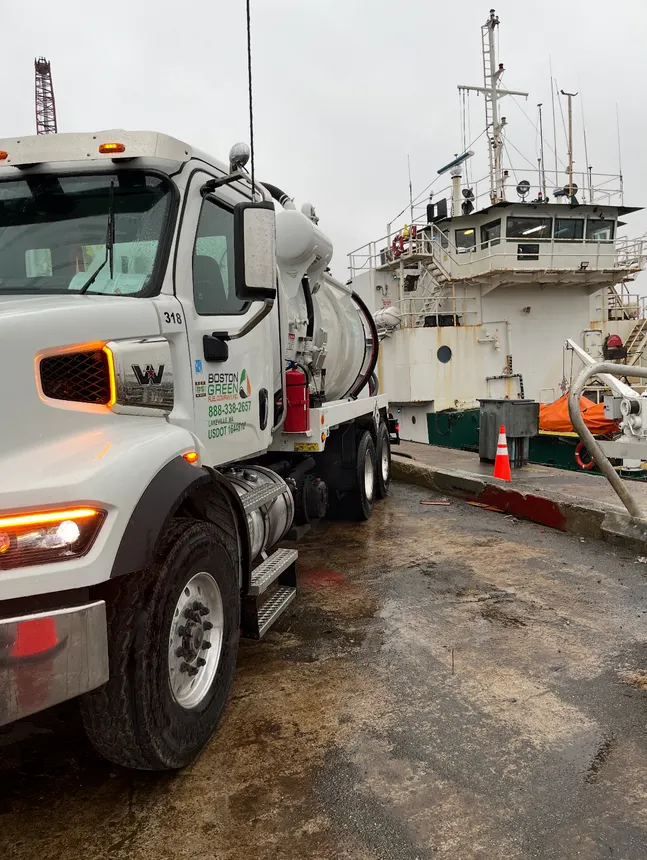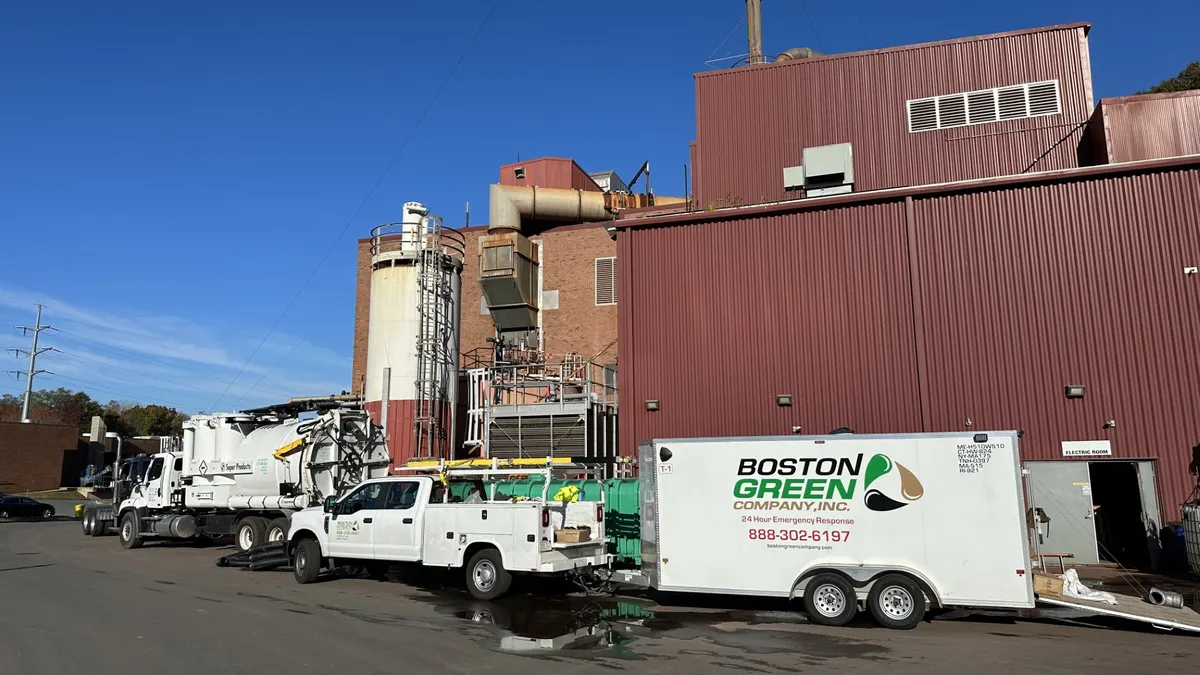As the environmental services sector consolidates through acquisitions and large investments, one New England company is charting its own course via an organic growth strategy.
Massachusetts-based Boston Green Environmental Services recently launched its second and third locations, in Hooksett, New Hampshire, and South Portland, Maine, respectively, to enable faster response times for local clients. The company provides a range of hazardous and non-hazardous waste services, along with environmental remediation and emergency response.
Boston Green was created in 2007 when members of the Dennison family, which has been active in parts of the industry since the early 1980s, merged their existing companies. The family started with a focus on providing fuel and lube tank services for petroleum clients and gradually expanded to provide waste oil collection and spill response, among other offerings.
Senior Vice President Adam Dennison experienced the world of tank cleanings and fuel transfers as a kid while working with his family. He later worked at multiple larger companies and experienced the industry’s consolidation trend firsthand.
This included time at Massachusetts-based TMC Environmental, which was sold to Vermont-based Enpro, which was then sold to New York-based National Response Corp. After Dennison left that company, NRC sold to US Ecology, which then sold to Republic Services. He later worked at ACV Enviro, which also sold to Republic.
Dennison returned to take over operations at the family business in late 2022, bringing lessons learned from his time at the larger companies. Since then, “the company has grown tremendously, without backing from large investors,” he said. It now has an estimated 50 employees servicing a range of small and medium business clients in the region.

It has grown in recent years due to increased business in categories such as emergency spill response, hazardous waste, industrial cleaning and specialized non-hazardous waste management. Petroleum clients are still a core part of the business, as evidenced by Boston Green opening its new location in South Portland, which is Maine’s largest oil port.
Industry consolidation can sometimes create an opening because certain companies “become less formidable” after they’re absorbed, Dennison said.
“We've seen our customer base in New England looking for an alternative” to these larger players, he said, citing customer service as a key factor. “There's less red tape to do business with us.”
Boston Green doesn’t own post-collection infrastructure, so it has exposure to larger competitors that own disposal assets. Dennison said he aims to work with anyone and can be flexible about where to take material.
Overall, he sees rising costs creating competitive pressure for companies of all sizes in categories such as field service, cleaning and collection, but is generally optimistic that industrial activity will remain steady.
Looking ahead, Boston Green plans to open a location in southern Connecticut to service Long Island and New York City customers, and it aims to keep growing.











